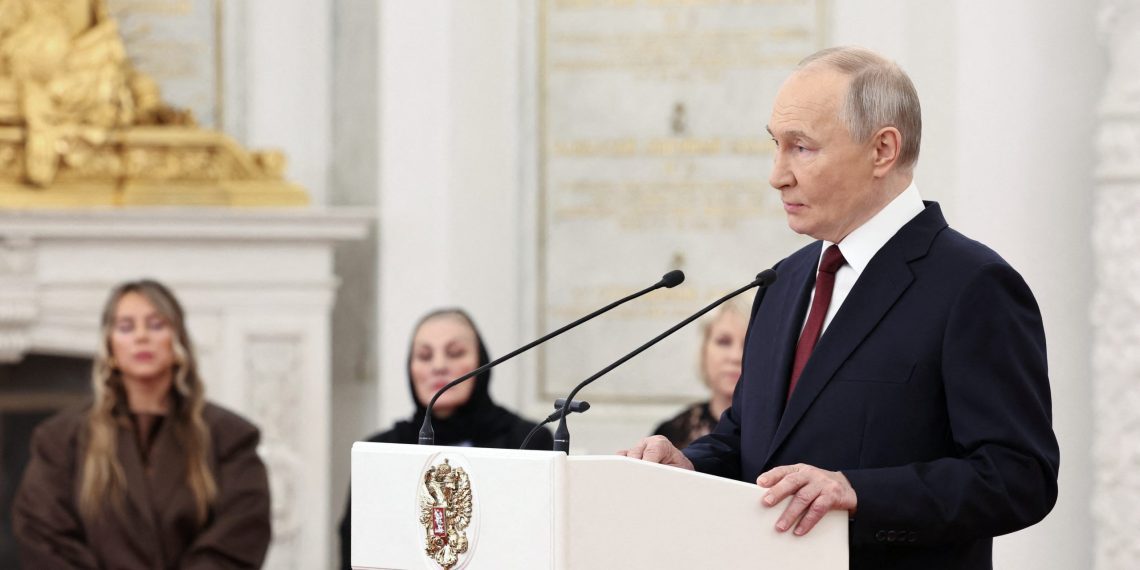Vladimir Putin, the enigmatic leader of Russia, has once again made headlines with his bold and defiant rhetoric. In a speech following his controversial decision to grant asylum to Bashar al Assad, Putin took a veiled swipe at the deposed Syrian tyrant, boasting about his own perceived invincibility. As Assad seeks refuge in Moscow, Putin’s words ring loud and clear, signaling a shift in the power dynamics of the region.
As Putin addressed a gathering at a Kremlin awards ceremony, his words reverberated with confidence and defiance: “No one will be able to conquer or break Russia. We have truth, strength of arms, and fortitude on our side.” This statement not only underscores Putin’s unwavering resolve but also hints at his broader geopolitical ambitions. Amidst the chaos of Assad’s downfall, Putin’s unwavering support for the beleaguered despot sends a chilling message to the international community.
The Fall of a Dictator
Assad’s swift and dramatic exit from Syria marked the culmination of a 10-day blitz by rebel forces that culminated in the siege of Damascus. Escaping to the safety of Moscow, Assad’s asylum in Russia not only offers him protection but also raises questions about Putin’s motives. The granting of asylum to a fellow autocrat speaks volumes about the alliances and allegiances in the shadowy world of global politics.
One rebel leader, Mohammad al-Jolani, captured the jubilant mood among the opposition fighters when he declared victory from inside a mosque in Damascus. The scenes of rebels looting Assad’s palace and tearing down symbols of his oppressive regime symbolize a seismic shift in the power dynamics of the region. As the dust settles in Damascus, the world watches with bated breath to see the repercussions of Assad’s downfall and Putin’s unwavering support.
The Russian Gambit
Putin’s intervention in Syria, starting in 2015, has been a pivotal factor in propping up the Assad regime amidst a brutal civil war. By deploying troops and providing military support, Putin secured Russia’s strategic interests in the region while bolstering Assad’s grip on power. The long-term leases on military bases granted by Assad provided Russia with a crucial foothold in the turbulent Middle East, further complicating the geopolitical landscape.
As the world grapples with the aftermath of Assad’s fall and Putin’s calculated move to offer asylum, the implications for regional stability are profound. The shifting alliances and power dynamics in the Middle East are likely to reverberate far beyond the borders of Syria. Putin’s brazen display of support for Assad sends a clear message to both allies and adversaries alike, setting the stage for further geopolitical maneuvering in the volatile region.
In the wake of Assad’s downfall and Putin’s unwavering stance, the world stands at a crossroads, where the actions of a few powerful leaders have the potential to reshape the geopolitical landscape. As the dust settles on Damascus, the echoes of Putin’s words resonate ominously, hinting at a future where alliances are tested, and power is wielded with impunity.









